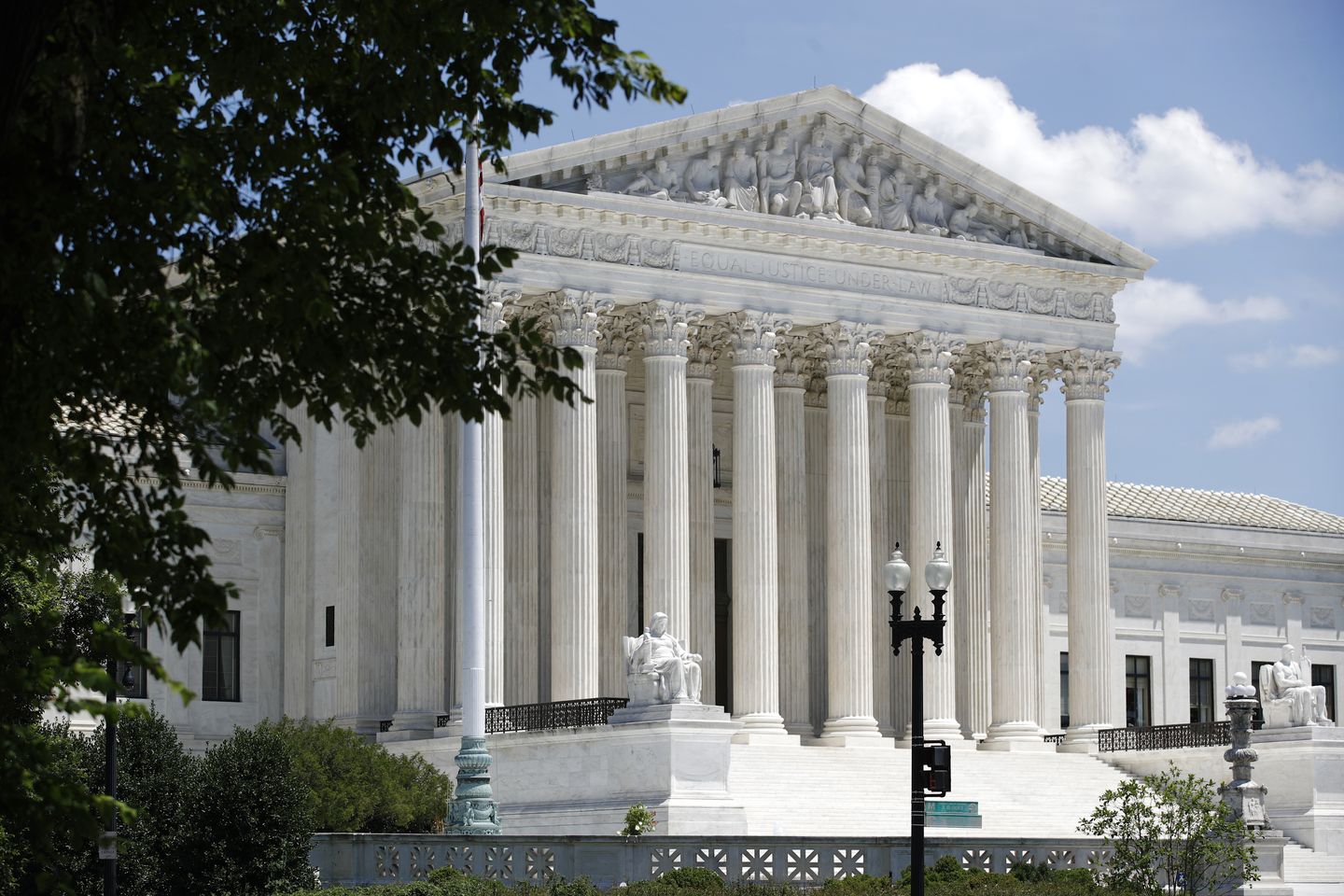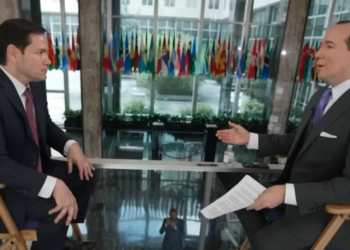
The Supreme Court will hear a challenge to a state banning conversion therapy after a Christian counselor said the Colorado law restricts her speaking freely to clients struggling with gender dysphoria and other LGBTQ issues.
The justices will hear the dispute when they return to the bench in October after their summer recess, announcing this week the first legal battles of the 2025-2026 term will include the conversion therapy challenge, a conflict over the Voting Rights Act and whether federal candidates can challenge state laws over ballot timing.
They are scheduled to gavel in on Oct. 6, hearing cases over a defendant’s testimony and state procedural rules. But the next day, Oct. 7, could bring fireworks when they consider a major lawsuit, Chiles v. Salazar, against Colorado’s law banning the practice of conversion therapy.
LGBTQ counseling
Kaley Chiles, a Christian counselor in Colorado, sued state officials after Colorado passed a law in 2019 banning conversion therapy. She says the law restricts her ability to work with her clients on gender dysphoria issues through the lens of her faith.
The law applies to patients who are under 18 years old. Ms. Chiles sued Patty Salazar, who leads the Colorado Department of Regulatory Agencies, to challenge the ban, claiming it violates her First Amendment rights to speak and counsel her clients freely.
Ms. Chiles, who is represented by Alliance Defending Freedom, said in her petition that the law is mislabeled and bans speech by prohibiting counselors from working with clients to change how they feel about their gender or attraction to a person of the same sex.
The state does not ban counseling that accepts or supports same-sex orientation or gender transitioning, which Ms. Chiles says shows the state is involved in viewpoint discrimination.
Ballot counting and state laws
On Oct. 8, the justices will weigh a lawsuit from federal candidates against Illinois’ law that allows ballots to be counted two weeks past Election Day.
The challengers argue that the state law is preempted by federal law, which sets Election Day as the first Tuesday in November. They are represented by Judicial Watch.
Lower courts dismissed the case, reasoning that the candidates did not have legal standing — or sufficient injury — to bring the case. The lower court said they did not have to post election monitoring in 2022 for late ballots and that it was too early to sue over the 2024 elections, which were two months away.
In a court filing, the candidates say they had to “incur costs to run their campaigns for an additional two weeks to monitor ballot receipt and counting.”
The Illinois State Board of Elections, the defendant in the case, had argued the Constitution gives states the authority to set rules for governing the election.
Voting Rights Act
On Oct. 15, the justices will hear — for the second time — a dispute over Louisiana’s congressional map.
Challengers contest whether the Constitution allows state lawmakers to carve out district lines to boost racial minority voting power.
Depending on how the case plays out, it could challenge a key part of the Voting Rights Act of 1965, which sought to recover from centuries of political oppression and has pushed states to maximize minorities’ voting power.
The high court heard the case last year but did not issue a decision and said it would rehear the case when the new term begins in October.
The map, adopted by the state ahead of the 2024 elections, carves out two of Louisiana’s six congressional districts as majority Black. The result is that the state shifted from a 5-1 Republican delegation to 4-2.
Section 2 of the Voting Rights Act of 1965 prohibits discrimination in voting practices on the basis of race, color or language.
Critics say a ruling for the challengers in the Louisiana dispute could gut part of the Voting Rights Act, making it more difficult for minorities to launch challenges to congressional district maps.
The Louisiana cases are Louisiana v. Callais and Robinson v. Callais.
IQ and the death penalty
In November, the justices will hear a dispute over a death row inmate in Alabama, who says his IQ is too low for him to be executed.
The case is Hamm v. Smith and it will address how courts may consider the cumulative effect of multiple IQ scores in assessing an “Atkins claim.” The defendant in the Alabama case had multiple IQ tests with different scores.
Lower courts have sided with Smith in his challenge to his death sentence, ruling that his IQ is too low. But the state says all of his IQ tests have been above 70.
The dispute will test precedent from 2022, Atkins v. Virginia, where the justices said that executing an intellectually disabled person runs afoul of the 8th Amendment, which bars cruel and unusual punishment. Intellectual disability is usually considered an IQ score of 70 or below.
In all the cases, the justices are not expected to rule immediately after oral arguments. They usually issue all opinions on matters by the end of June, when they wrap up the coming term.
It took four justices to vote in favor of hearing the legal battles for oral arguments to be scheduled.
• Stephen Dinan contributed to this report.





![Gavin Newsom Threatens to 'Punch These Sons of B*thces in the Mouth' [WATCH]](https://www.right2024.com/wp-content/uploads/2025/08/Gavin-Newsom-Threatens-to-Punch-These-Sons-of-Bthces-in-350x250.jpg)
![ICE Arrests Illegal Alien Influencer During Her Livestream in Los Angeles: ‘You Bet We Did’ [WATCH]](https://www.right2024.com/wp-content/uploads/2025/08/ICE-Arrests-Illegal-Alien-Influencer-During-Her-Livestream-in-Los-350x250.jpg)








